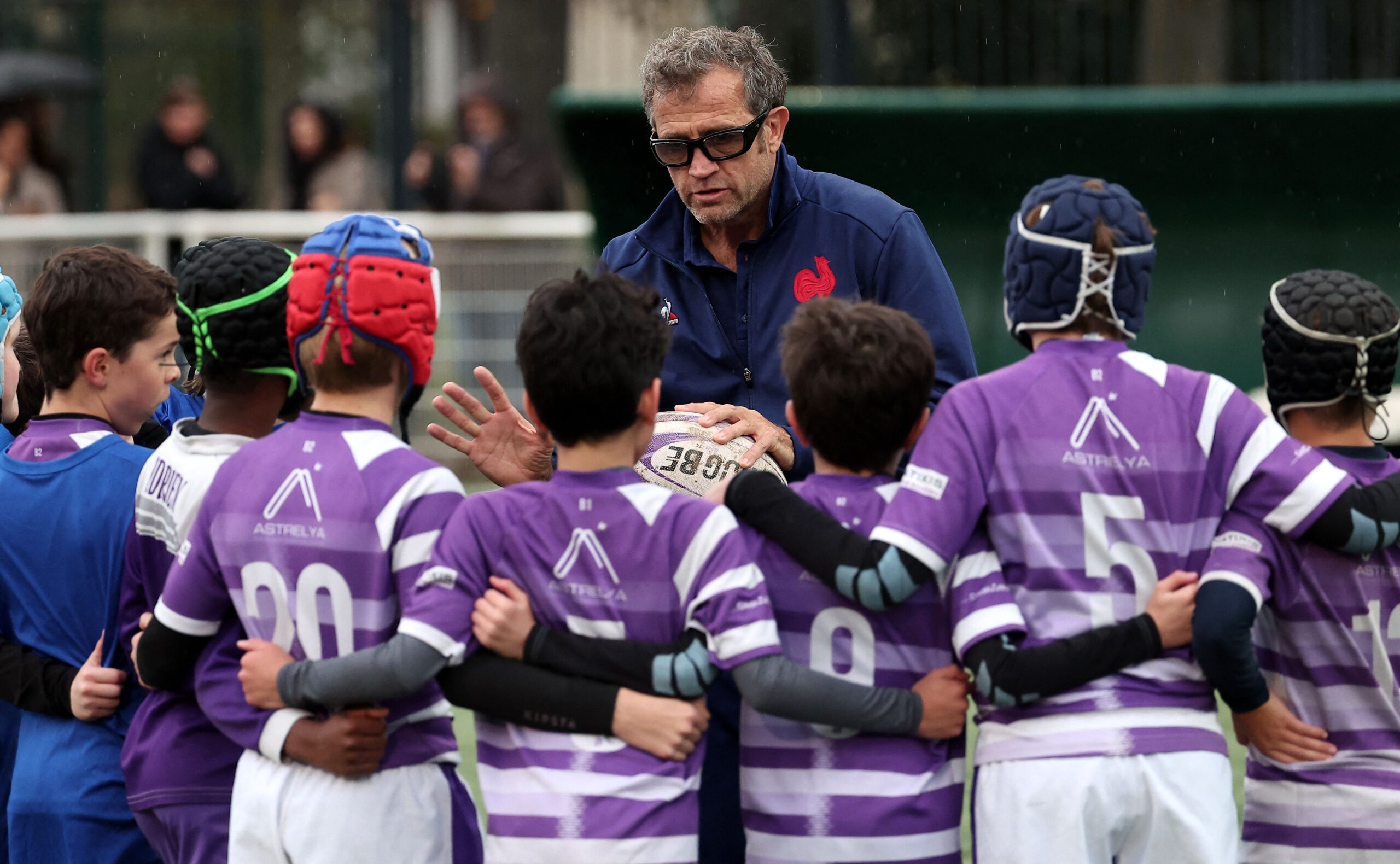
By: Eastern Eye
THE risk of severe head injury in rugby union means it has become a form of child abuse and should be banned among under-18s, according to a new report.
The sport has just celebrated its bicentenary, with folklore proclaiming the game started when William Webb Ellis ran with a football at Rugby School, central England, in 1823.
But researchers argue children should no longer participate in sports such as rugby, where there is a risk of head contact, or boxing, where blows to the skull are allowed.
They also say parents are being kept in the dark about the long-term risk of brain injuries, with schools offering rugby not gaining informed consent from children.
Such high-impact sports should be considered “abusive” to children’s brains, according to a report published by academics at the universities of Winchester, Nottingham Trent and Bournemouth. They examined medical evidence around sports that can cause serious brain injuries and concluded the harm runs counter to child abuse laws.
Eric Anderson, a professor of sport at the University of Winchester who led the study, told The Times: “Sports for children should not intentionally harm their brains.
“They should focus on fun, health and social development rather than conditioning them to play elite-level sports. These collisions cause cognitive harm and increase the risk of neurodegenerative diseases and dementia; they are therefore abusive to a child’s brain.”
A spokesperson for England’s governing Rugby Football Union (RFU) defended the 15-a-side code by telling The Times that, “Player welfare has and will always continue to be our top priority… Rugby for young people at schools or clubs in England exists in different forms, including contact, reduced contact and non-contact.
“Rugby has been at the forefront of concussion and injury surveillance, education and law changes using evidence to proactively manage player welfare.”
The study comes as a group of nearly 300 former players plan to take legal action over brain injuries.
